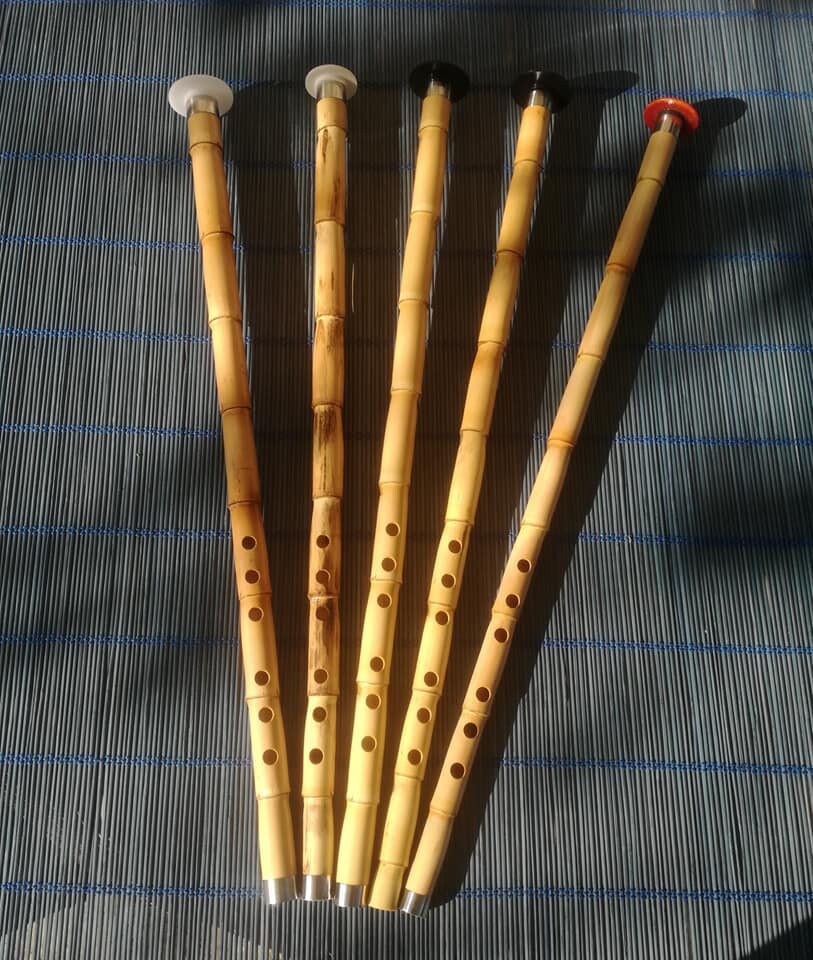


The Pump organ is an instrument seen in the Indian Subcontinent during Qawwali. Harmonium Indian Pump Organ (Qawwali Instrument) In Turkey, the Ney is played while accompanying the popular whirling dervishes. It produces a reedy, whispery sound that is heard in a lot of classical Turkish music and that of other countries in that region. The Ney is known to be quite difficult to learn, and often its culturally compared to learning a new language. It highlights the longing to be with God and the pain of separation from God. The Ney, primarily played in Turkey, is considered a symbolic representation of the human soul. The reed flute is a commonly used instrument and produces a beautiful sound like no other. And therefore a variety of instruments were created over the years, many of which can be traced back to ancient civilizations (present-day the Middle East, India, and Pakistan).Īlso Read: Spiritual Meditation known as Dhikr/Zikr in Sufism Ney In the same region, different Sufis (Sufi orders) worship differently. Within the strings category, the ney is accompanied by saz, santoor, rabab, oud and the komuz. If one attempts to group them into different types, the categories would be melodic ones (sur) and those responsible for rhythm (taal). Others that represent African Sufi music are the benedir, a drum that is popular in Morocco, and the Gimbri, a stringed instrument also well known in the African region.

In the Islamic soundscape (setting aside those questioning is music haram), the most popular of these is the Turkish reed flute, known as the Ney. (If you haven’t already, be sure to read What is Sufi Music and Is Music Haram for greater context/background.) Sufi Saints, and more broadly Mystics in Islam, give significant weight to sounds practices to bring a devotee closer to the Divine. Through these beautiful practices, a Sufi can express his or her devotion to God. The Sufi tradition is facilitated by music and dance. Sufi music is played with a variety of instruments.


 0 kommentar(er)
0 kommentar(er)
